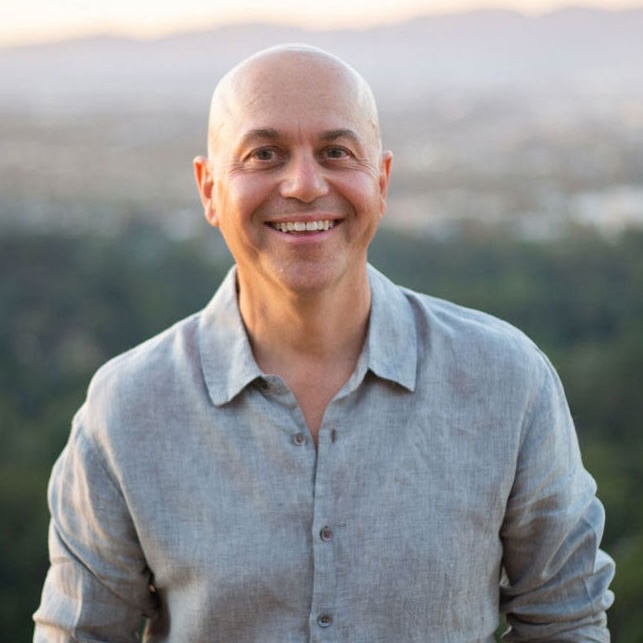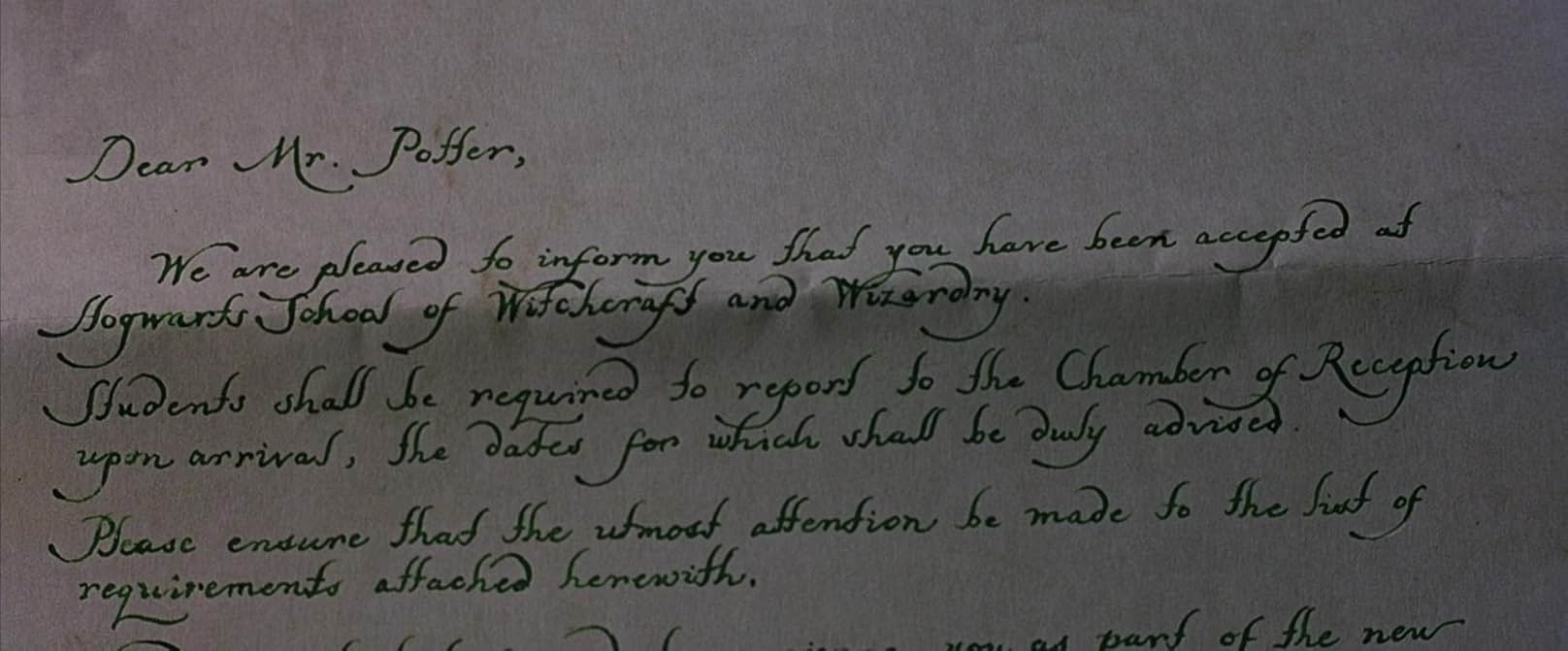Theme is a way of making a series of events which are personal to the protagonist universally relatable to a wide audience. In other words, one doesn’t have to live in a cupboard and be descended from …
Rising Action | Definitions, Examples & Your Secret Weapon
Rising action simply refers to the series of events that lead from the story’s inciting incident to the climax of a story. In this article I will explore how to create a compelling ‘rising action’ …
Rising Action | Definitions, Examples & Your Secret WeaponRead More
Inciting Incident | Definition, Examples & Your Secret Weapon
When it comes to storytelling, if a reader isn’t engaged within the first 20 or 30 pages, you run the risk of losing their attention and having them move on to something else. So, what happens in …
Inciting Incident | Definition, Examples & Your Secret WeaponRead More
Falling Action | Definition, Examples & Your Secret Weapon
What happens after a story’s climactic moment - after the protagonist wins the girl, or confronts the bully, or triumphs over evil? The best stories keep your readers (or audience) guessing until …
Falling Action | Definition, Examples & Your Secret WeaponRead More
Climax in Literature | Definitions, Examples & Your Secret Weapon
The climax. This is the moment your reader has been waiting for. They’ve spent hours immersed in your story, falling in love with your characters and becoming increasingly invested in your plot. …
Climax in Literature | Definitions, Examples & Your Secret WeaponRead More
Story: A Journey of Self-Discovery
Story is always a journey of self-discovery “The unexamined life is not worth living.” - Socrates Embarking on a creative endeavor, especially memoir writing, often brings forth a whirlwind of …
Exploring the Dilemma
At the heart of every story lies a dilemma. It is not a question of whether or not your protagonist has a dilemma, but rather, how effectively you've explored it. By exploring your protagonist’s …
Transformation
A fundamental understanding of transformation is crucial to having anything more than an intellectual relationship to structure. You've probably read books on three-act-structure. But it is important …
The Imperative for Dramatic Conflict
A director told me once that if you put two actors together in a scene without directing them or staging the scene, the conflict would begin to diminish. If the actors were on opposite sides of the …
Finding Home
“Home is where one starts from.” - T. S. Eliot There’s nothing more primal than our quest for home. The dilemma is that our childhood homes may have been confusing, chaotic, or even violent. …
Most popular posts
Story: A Journey of Self-Discovery
Story is always a journey of self-discovery “The unexamined life is not worth living.” – Socrates Embarking on a creative endeavor, especially memoir writing, often brings forth a whirlwind of fears. Among these, the fear of exposure can loom large. When recounting personal experiences, the instinct to withhold information or downplay the drama — either …
Read MoreDilemma: The Source of Your Story
At the heart of every story lies a dilemma. It is not a question of whether or not your protagonist has a dilemma, but rather, how effectively it has been explored. By exploring your protagonist’s dilemma, you are led to the most dynamic version of your story. The dilemma is your story’s source, from which …
Read MoreExploring the Dilemma
At the heart of every story lies a dilemma. It is not a question of whether or not your protagonist has a dilemma, but rather, how effectively you’ve explored it. By exploring your protagonist’s dilemma, you are led to the most dynamic version of your story. Your protagonist’s dilemma is the source of your story, …
Read MoreStory Day Workshop
This workshop is for novelists, screenwriters, show runners, memoirists, producers, directors, song writers, poets, editors, and anyone else with a desire to deepen their understanding of how to build a story.

Recent Posts
The Lens Through Which You See Your Story
“I find that when I am working I become like an antenna, and suddenly everything relates to my screenplay: a mentioned recipe, a joke somebody tells, a billboard that I see. It all becomes grist for whatever screenplay I’m working on.” – Wesley Strick, screenwriter of Cape Fear When we begin working on a new …
Read MoreNo Dilemma, No Story
One thing that has been coming up a lot in my classes is the tendency for writers to “figure out” their plot. This is due, at least in part, to story structure being taught by story analysts as a formula, which can lead to frustration and interminable rewrites. The process of creating a story is …
Read MoreDilemma: The Source of Your Story
At the heart of every story lies a dilemma. It is not a question of whether or not your protagonist has a dilemma, but rather, how effectively it has been explored. By exploring your protagonist’s dilemma, you are led to the most dynamic version of your story. The dilemma is your story’s source, from which …
Read MoreChoice
Why do we write? Why do we spend months, years, even decades engaged in the solitary act of creating a world on paper with no assurance than anyone will read it, except perhaps our immediate family, if only to find out what we think of them? Sometimes I hear writers say that they have no …
Read MoreReframing Your Protagonist’s Goal
“Nothing worth doing is completed in our lifetime; therefore we must be saved by hope. Nothing true or beautiful makes complete sense in any immediate context of history; therefore we must be saved by faith; Nothing we do, however virtuous, can be accomplished alone; therefore, we are saved by love.” – Reinhold Niebuhr Whether you’re …
Read MoreThe Theme of the Story
Shakespearean plays begin with the chorus telling us what we are about to see. They don’t tell us the whole plot but rather provide a context for the events that are about to follow. That is the purpose of the theme. It provides the audience with a context through which to understand the plot. …
Read More- « Previous
- 1
- 2
- 3


















